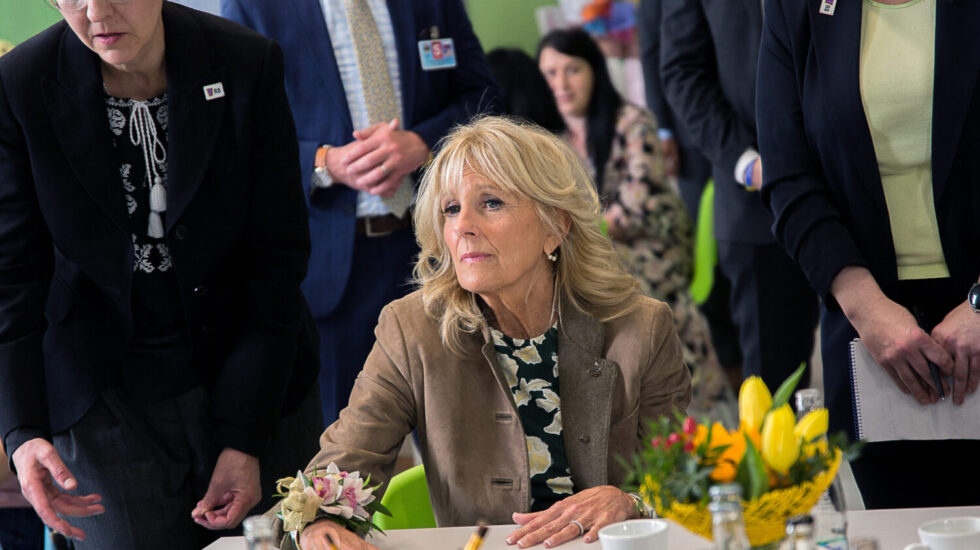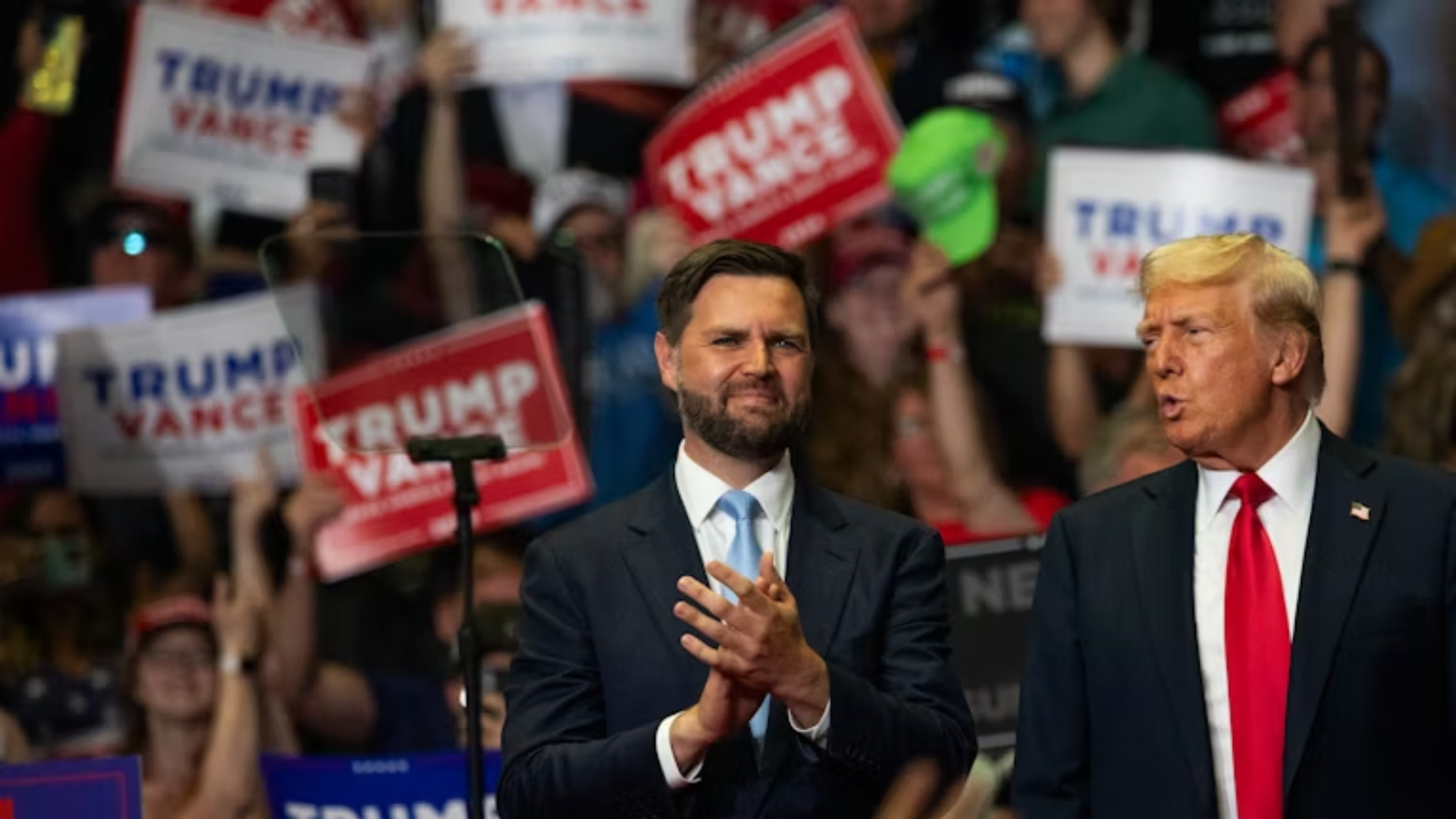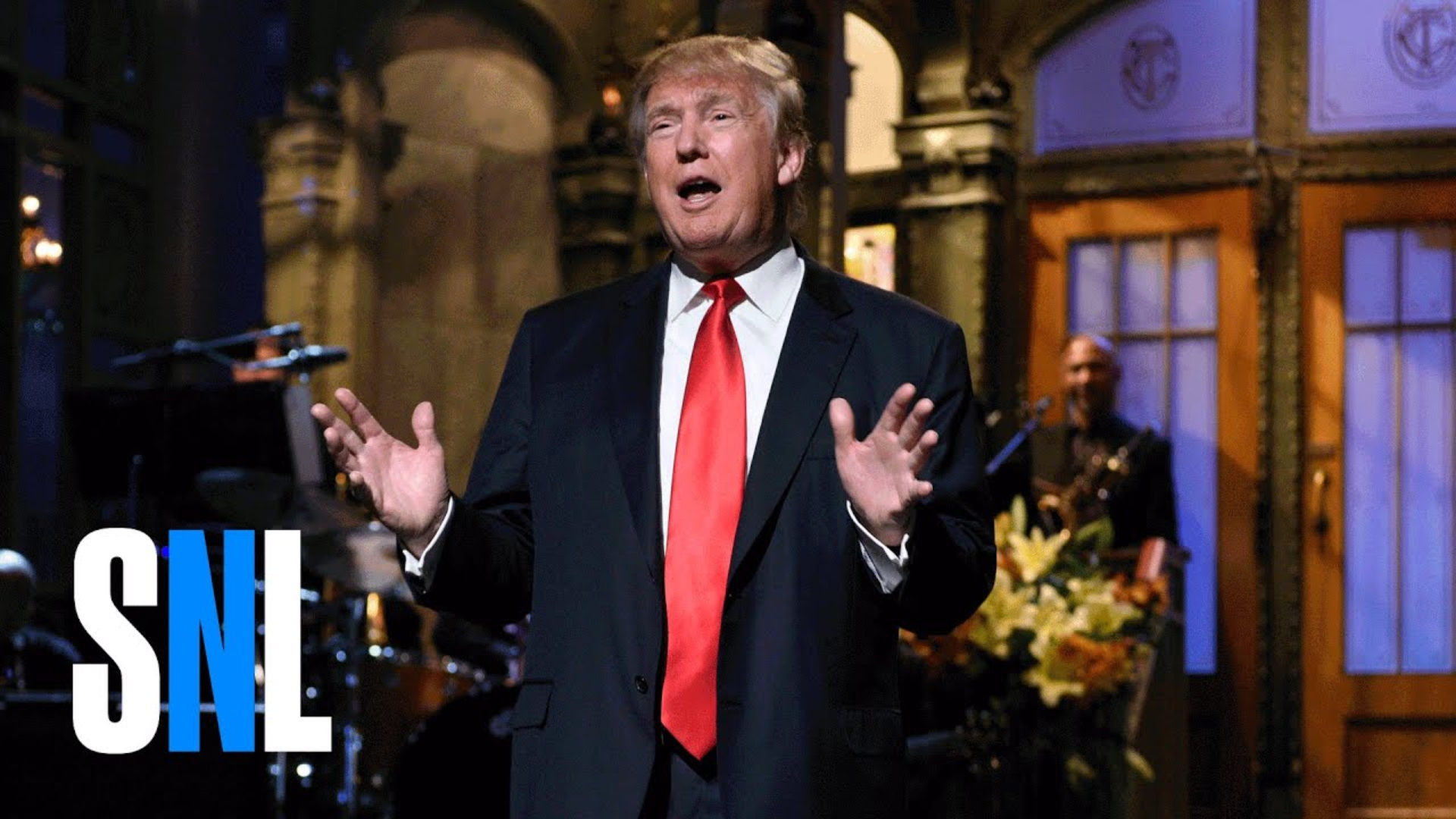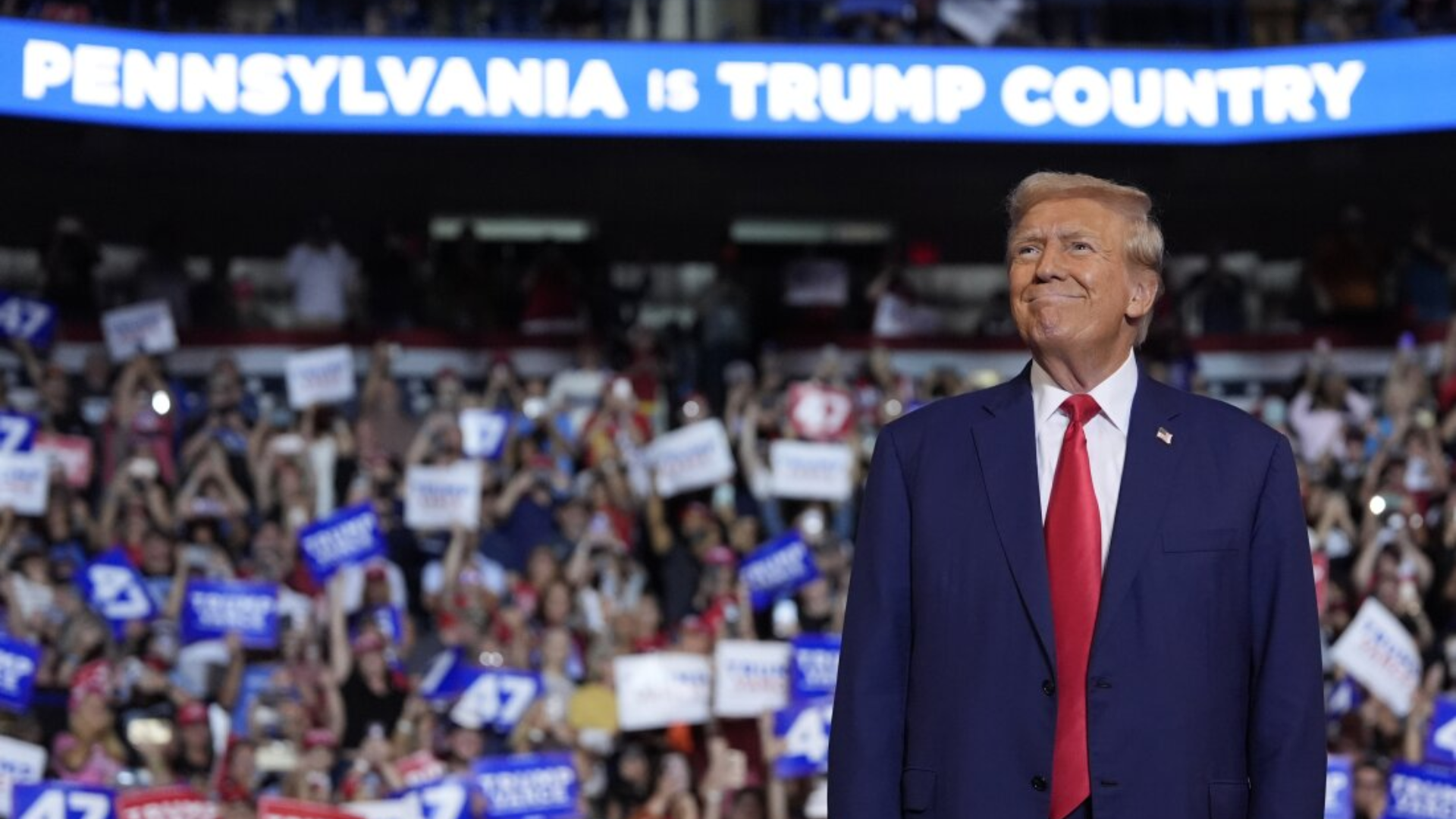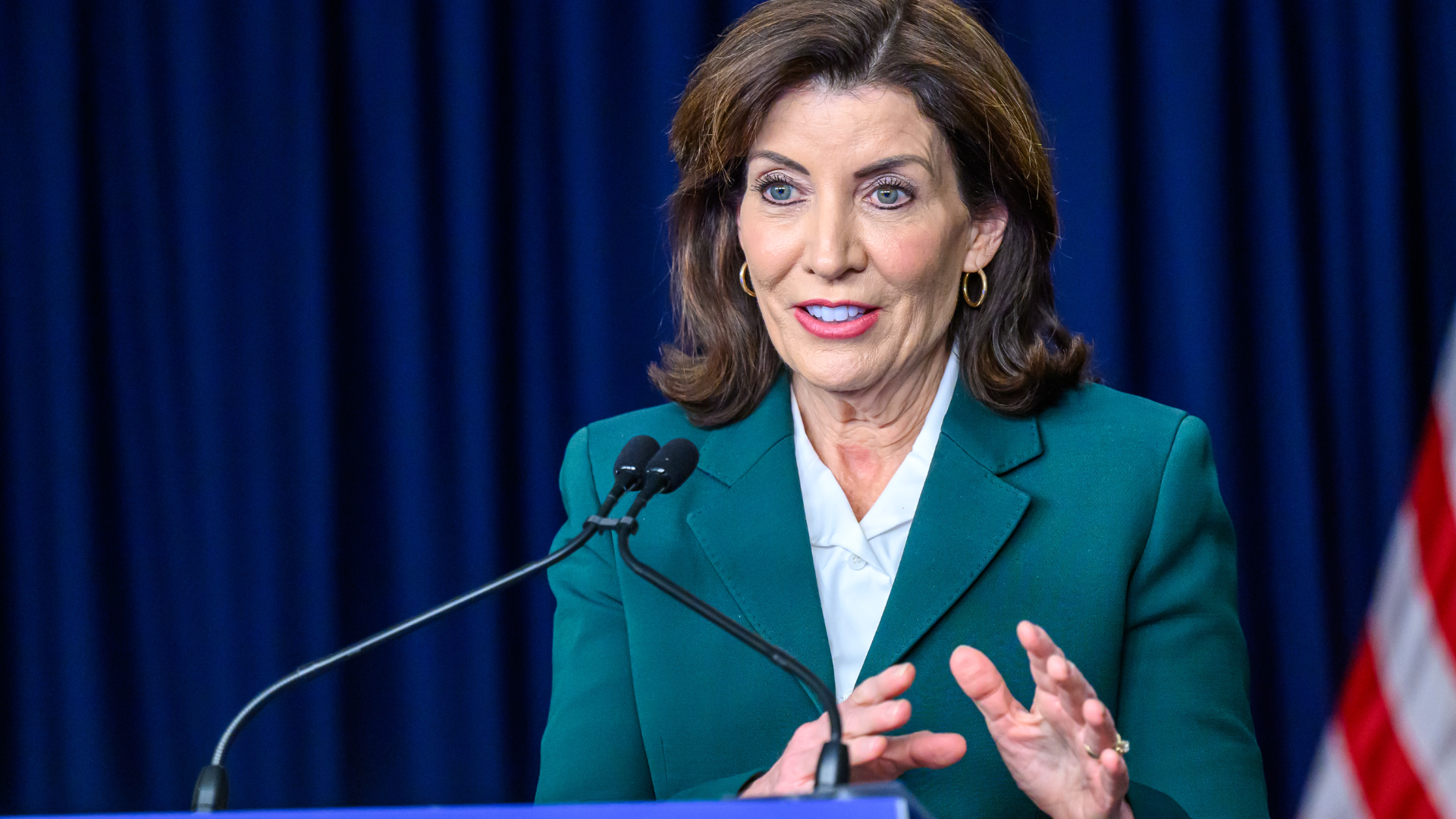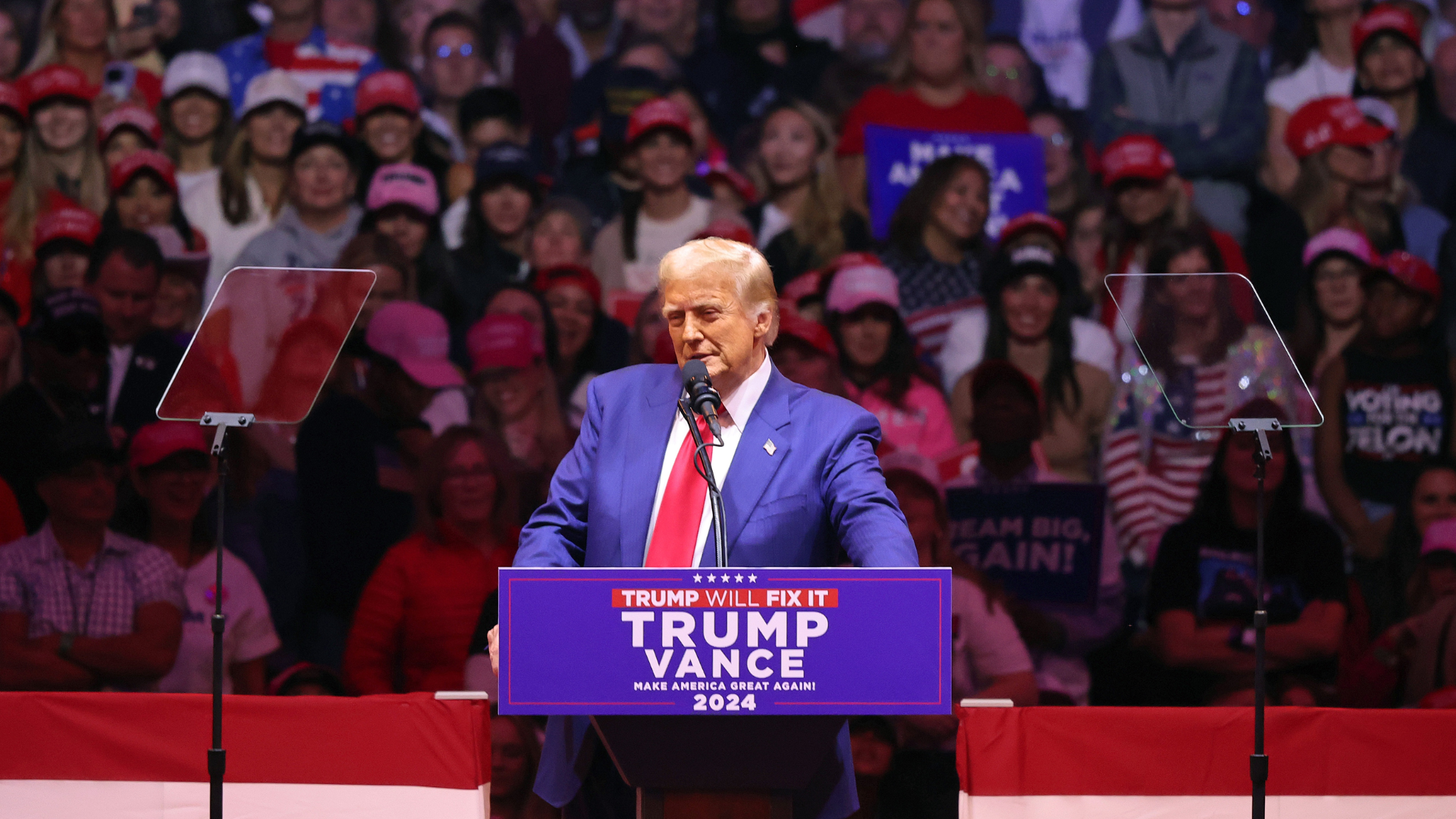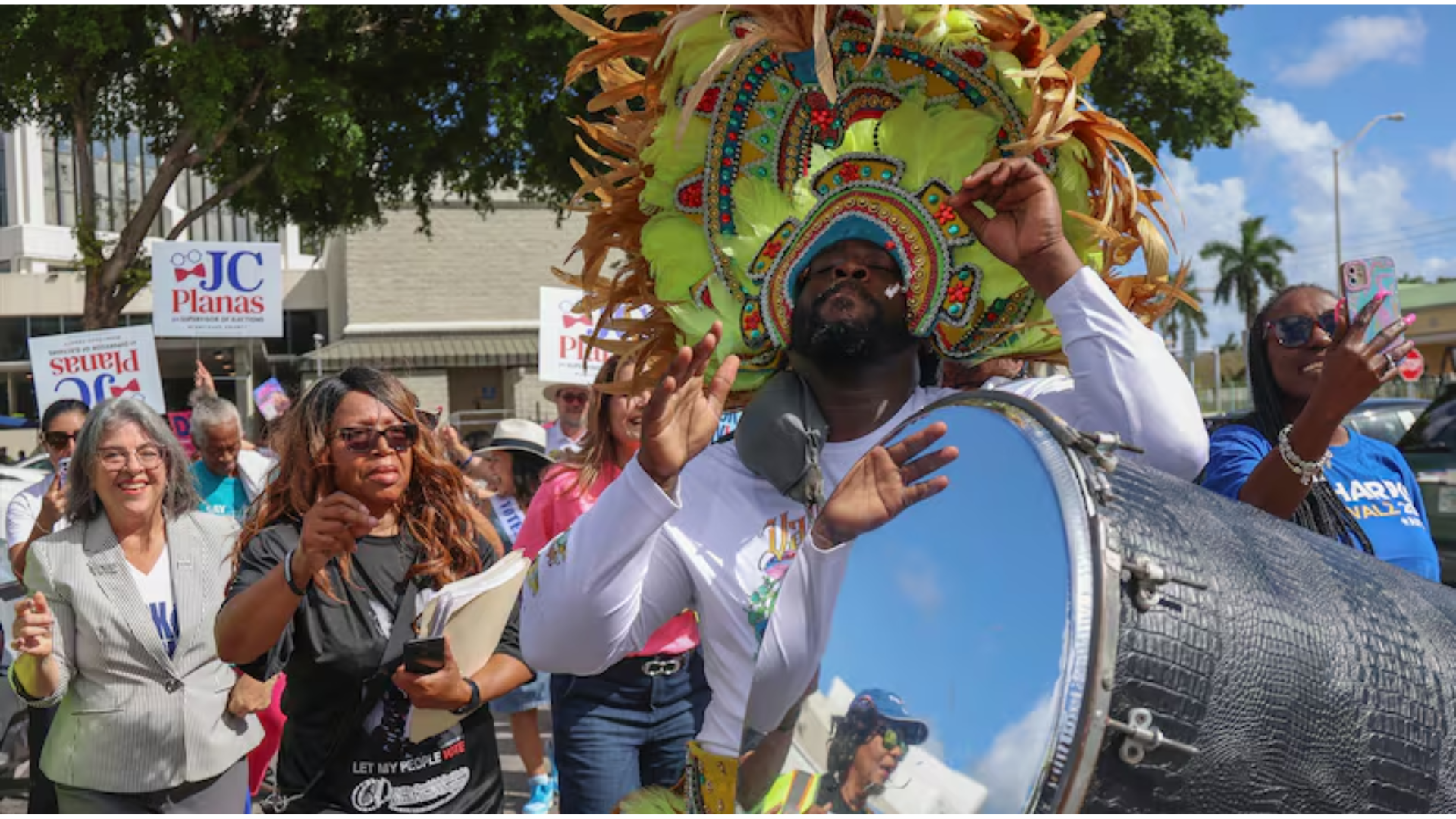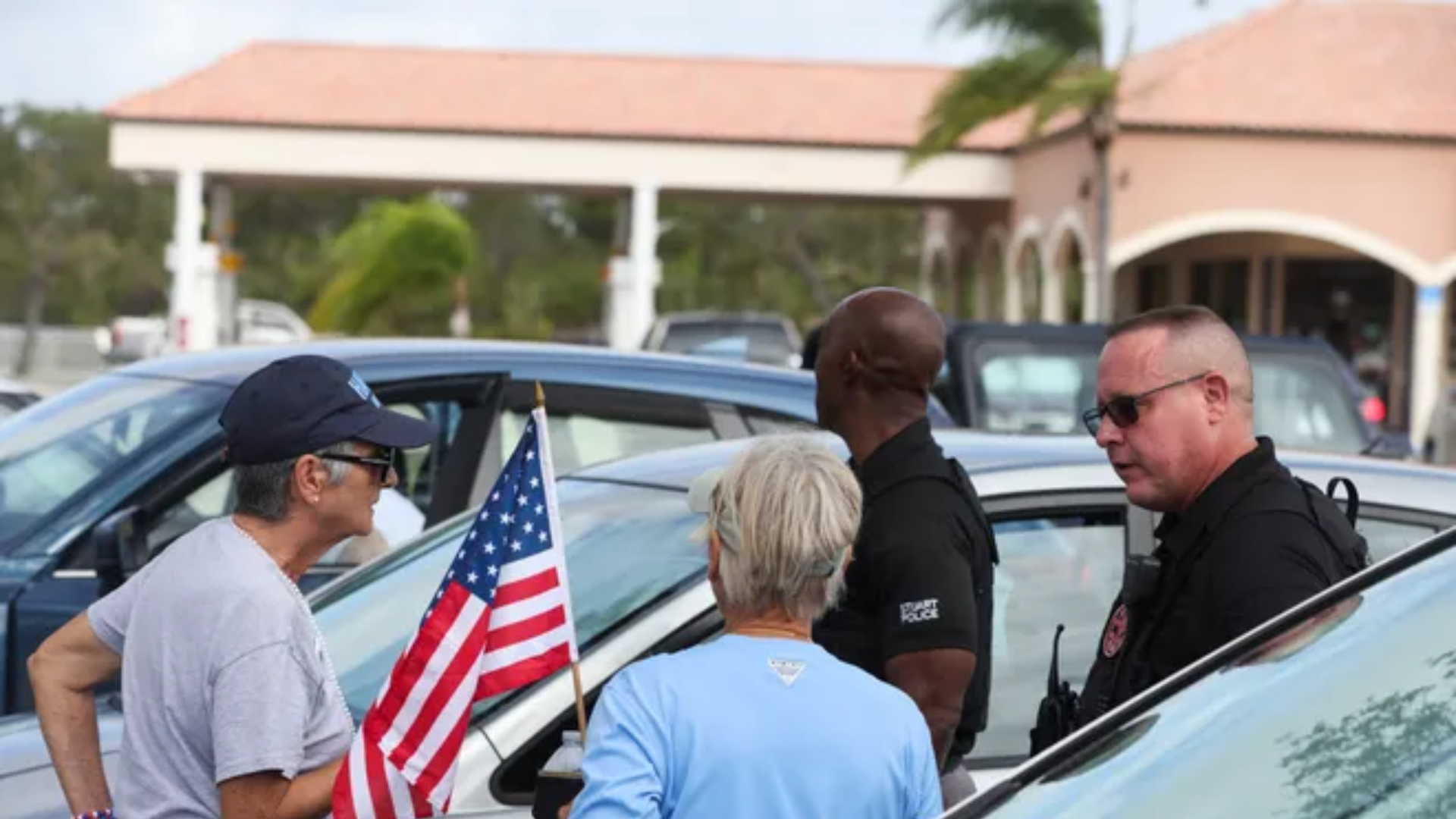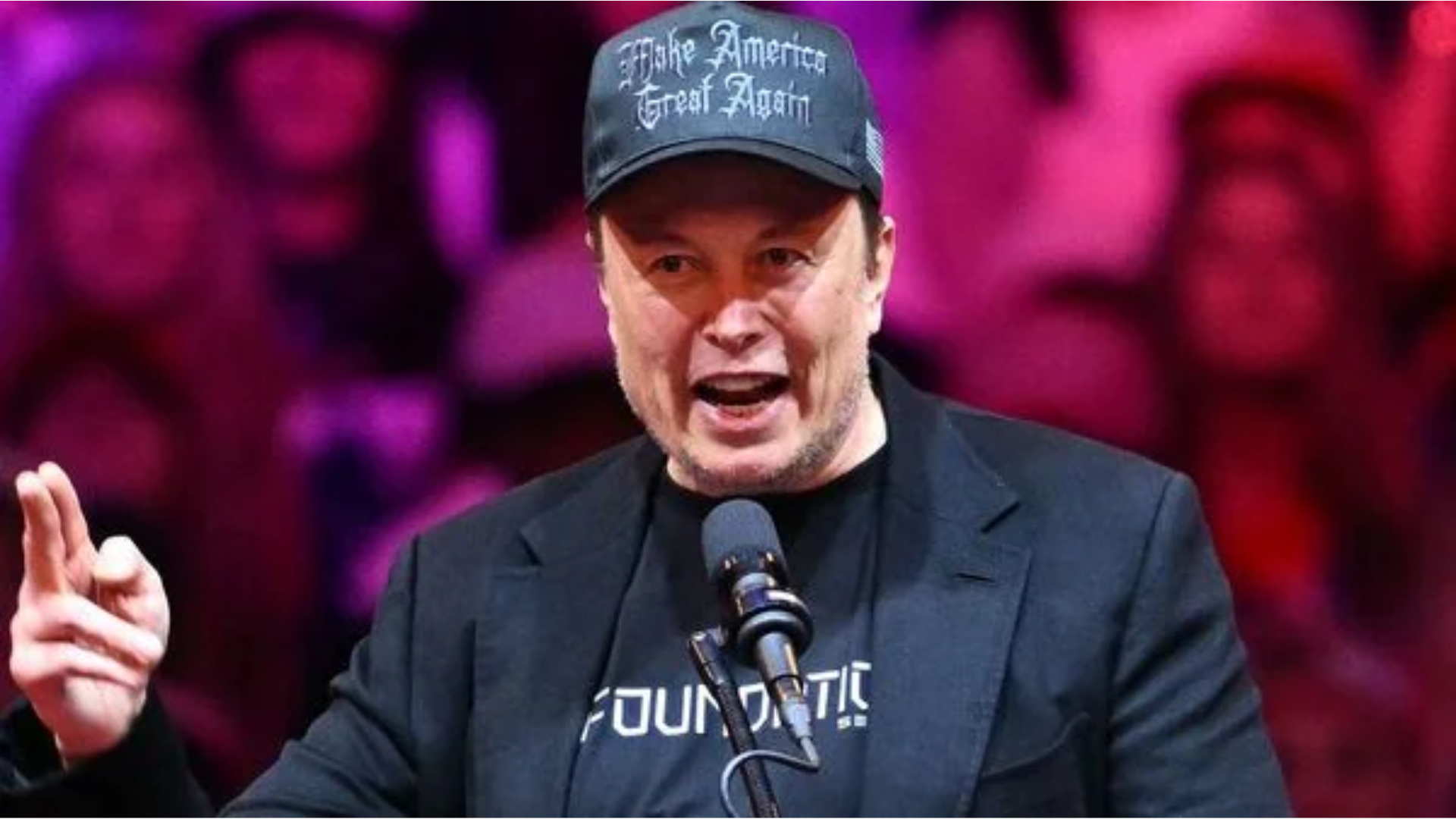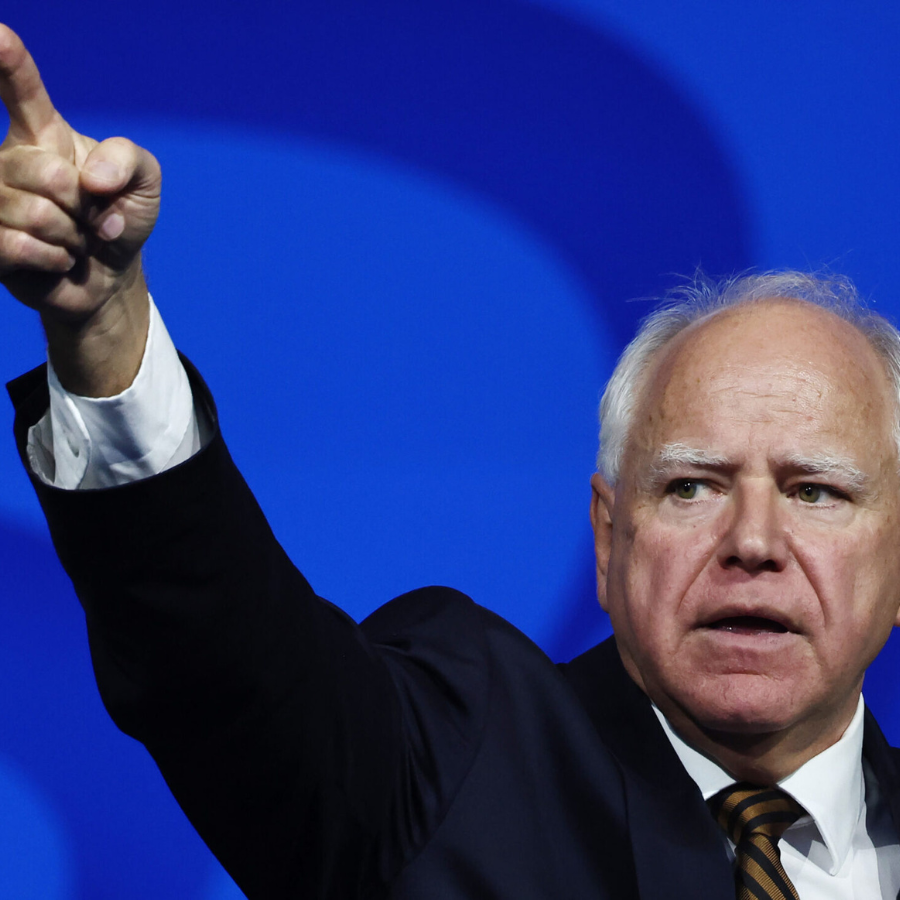
Minnesota Governor Tim Walz’s recent comments advocating for the elimination of the Electoral College have raised questions about the Harris-Walz campaign’s official stance.
Speaking at a fundraiser with California Governor Gavin Newsom, Walz declared, “The Electoral College needs to go. We need a national popular vote.”
However, the Harris campaign quickly clarified that Walz’s opinion does not reflect their official position.
Electoral College reform has been a hot topic, especially since Donald Trump won the presidency in 2016 despite losing the popular vote.
While Kamala Harris has previously shown openness to the idea of eliminating the Electoral College, her current campaign appears more cautious.
A spokesperson for Harris clarified that Walz’s remarks were meant to show support for achieving 270 electoral votes rather than endorsing an overhaul of the system.
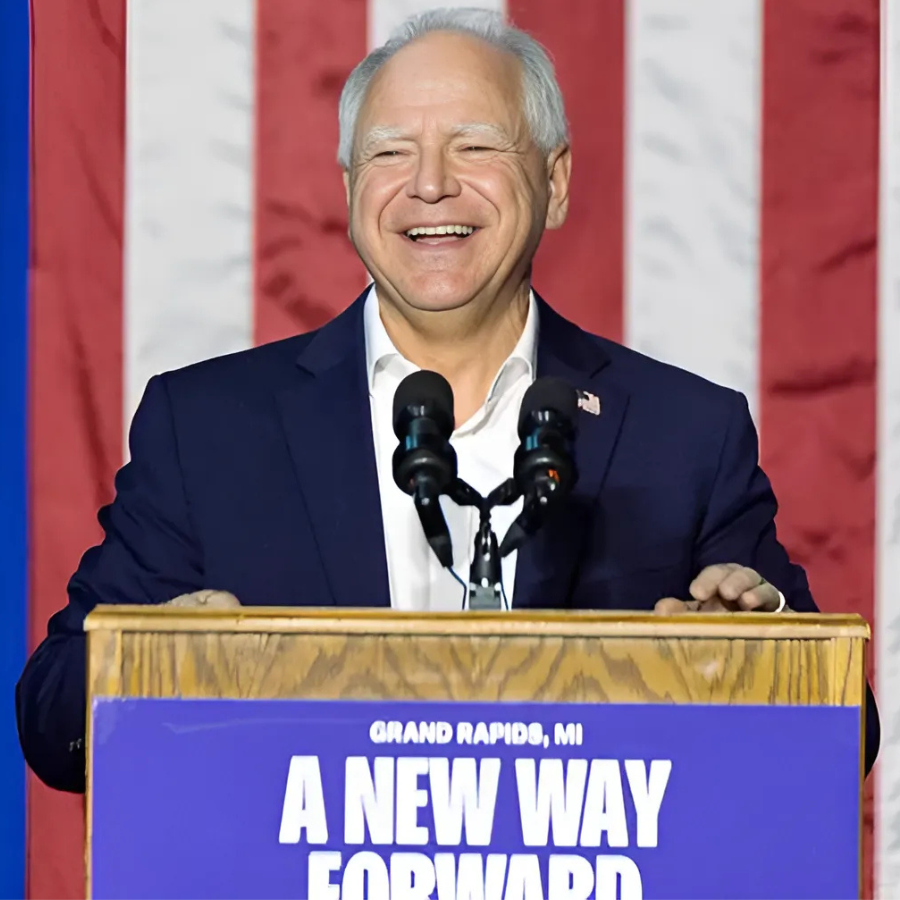
(Charlie Nick | MLive.com)
Walz’s comments echo sentiments from other Democratic leaders, like Hillary Clinton and Rep. Jamie Raskin, who have expressed frustration with the Electoral College.
Raskin recently argued that the system, which he called outdated, nearly contributed to the violence on January 6, 2021.
As governor, Walz has shown support for a national popular vote, signing legislation in 2023 to join the National Popular Vote Interstate Compact, which would allocate electors based on the popular vote once enough states participate to secure 270 votes.
The compact currently has 209 electoral votes but falls short of the needed threshold.
Despite his vocal support for the popular vote, the Harris campaign reaffirmed its commitment to working within the existing Electoral College framework.
A spokesperson emphasized that Walz’s remarks did not indicate a shift in the campaign’s official stance.
The Pew Research Center shows that public support for replacing the Electoral College with a popular vote has been growing, with over 60% of Americans now in favor of the change.
This trend reflects broader Democratic support for reform, while Republicans often defend the Electoral College as ensuring balanced representation across states.
Supporters of the Electoral College argue that it protects against narrow margins and provides a voice for smaller states.
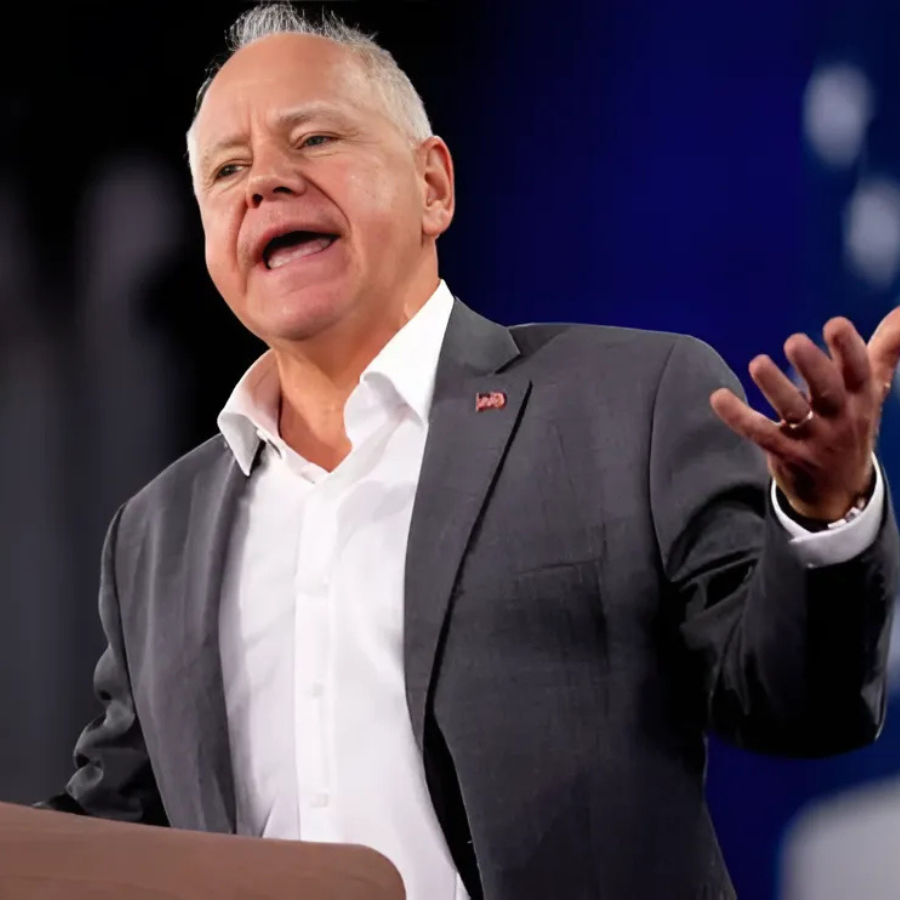
Jason Snead, executive director of Honest Elections Project Action, suggested that Democrats aim to reform the system for political gain, claiming that abolishing it would allow states like California and New York to dominate elections, potentially reducing the influence of smaller states like Michigan and North Carolina.
On the other hand, advocates for a national popular vote believe it would democratize elections by ensuring that the presidency reflects the majority of voters.
The 2016 election highlighted this debate, with Trump winning the presidency through the Electoral College despite losing the popular vote by nearly three million votes.
As the 2024 election approaches, discussions about the Electoral College are likely to persist.
Walz’s remarks have stirred debate, but the Harris campaign remains focused on securing electoral votes within the current system rather than pursuing major reforms.
The issue continues to be a flashpoint, highlighting tensions within the Democratic Party and the American electorate. How candidates navigate this complex debate may shape the future of American democracy.
